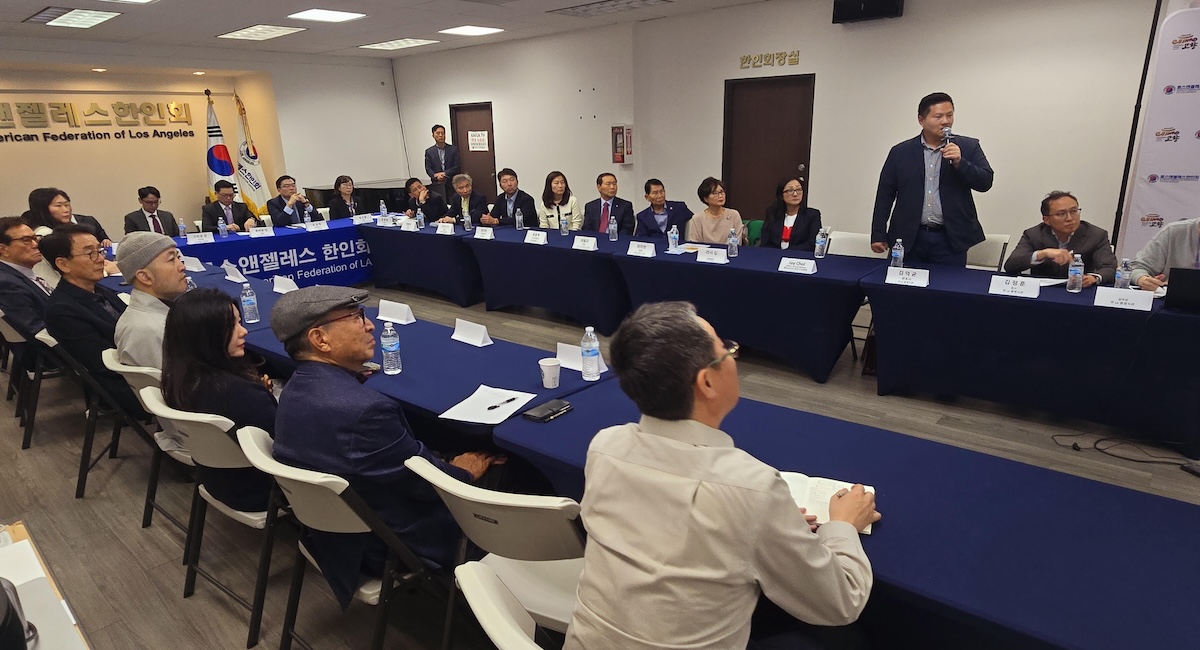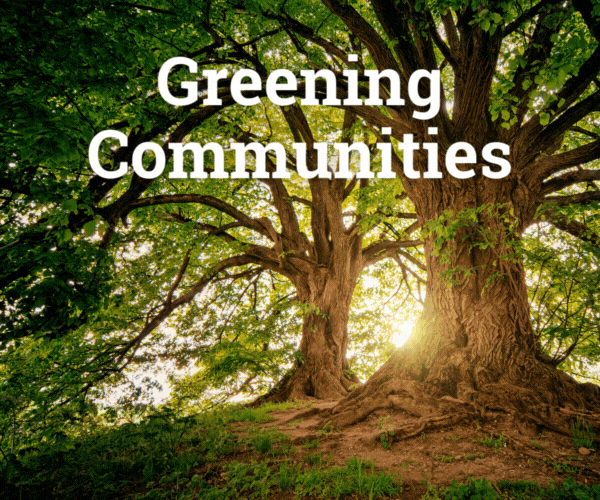LOS ANGELES — The Korean American community is reeling from news that a Korean student at Columbia University faces possible deportation for joining protests against the war in Gaza.
Many fear legal permanent residents are now vulnerable under Trump’s immigration crackdown, with some now reconsidering where they send their children to college and whether they take that long-planned trip abroad.
“When we submitted the application, I wasn’t too worried,” said Grace Park, 48, a green card holder living in Los Angeles. “But when I saw the news… I was shocked. Columbia is my child’s dream school, but I don’t want them caught up in political issues.”
She added, “For safety, I’ll probably recommend a University of California campus closer to home.”
Anne Kim, 52, who is planning a trip to Europe with friends, said she sent out a group message last week advising her non-citizen friends to double-check immigration rules before re-entry.
“The news recently showed green card holders facing extra interviews or scrutiny at immigration,” she said. “One of my friends on the trip is a permanent resident, and I just wanted to help everyone be prepared in case something unexpected happens.”
Know your rights
In response to rising anxiety, over 20 Korean American organizations, including the Korean American Federation of Los Angeles and the Korean Consulate General in LA, convened an emergency immigration policy roundtable on March 25. Participants included the Korean American Bar Association of Southern California (KABA), the Korean American Chamber of Commerce of Los Angeles, the Korean American Garment Association, the Korean Restaurant Association, and the Korean American Business Association, as well as youth and religious organizations like the Koreatown Youth and Community Center (KYCC), the Southern California Catholic Association, and the Jogye Order of Korean Buddhism.
These groups pledged to share information on immigration policies under the Trump administration and to hold seminars and public education sessions for the Korean community.
“With Trump’s hard line immigration stance, daily reports of immigration raids and arrests are causing serious anxiety in our community,” The Korean American Federation of LA noted in a press advisory put out prior to the meeting. “This issue is especially critical in industries that rely on labor, and inquiries about immigration rights and Red Cards (informational cards on immigrants’ rights) have been increasing.”
During the meeting, attorney Dok Kim, immigration law advisor to the Consulate, emphasized key precautions: all green card holders should carry their cards at all times, avoid signing documents presented by immigration officers during re-entry without proper legal advice, and exercise their right to request a lawyer, consular assistance, or an interpreter if detained.
Kim also provided guidance for DACA recipients, stating they can avoid detention during spot checks by presenting their work permits or deferred action documents. For undocumented immigrants, proof of residency in the U.S. for the past two years may exempt them from immediate deportation, so carrying supporting documents is essential.
Consulates issue safety alerts
Korean government support is extending beyond LA. The New York Consulate General and other consulates in areas with large Korean populations are also acting. The Korean Embassy in Washington, D.C., has issued advisories urging Korean nationals in the U.S. to check the validity of their visas and avoid even minor legal violations.
The advisory states that those staying in the U.S. for study, work, visits, or travel must renew expiring visas promptly and carry valid documents to prove legal status at all times.
With immigration enforcement increasingly focused on criminal records, even lawful residents are being warned to avoid infractions that could jeopardize their status. This includes offenses as minor as drunk driving, public disturbances, or police reports resulting from small disputes.
Warnings to international students
The consulate further warned that international students on F-1 visas caught working illegally may be deemed in serious violation of immigration law. Overseas Koreans who are detained have the right to consular visitation and are encouraged to request assistance from Korean officials if needed.
Meanwhile, the Koreatown Immigrant Workers Alliance (KIWA) has produced and distributed Korean-language booklets and Red Cards explaining immigrants’ constitutional rights during ICE raids, how to respond if ICE visits their home, and what documents to carry when encountering immigration officers on the street or at work. Emergency family planning guidance is also included.
Campus crackdown
According to the New York Times and other major outlets, the student in question, Yunseo Chung, came to the U.S. at the age of seven and is currently a junior at Columbia. Following her participation in a campus protest on March 5 opposing disciplinary actions against anti-war demonstrators, she was briefly detained by NYPD and later issued a summons for allegedly obstructing government operations.
Subsequently, ICE issued a deportation order, visited her parents’ home, and notified her of her green card’s revocation. The agency reportedly even searched her campus residence. Chung has since filed a lawsuit against the federal government, claiming the deportation move is unjust. A judge has issued a temporary stay on her deportation.
Though Chung was not a protest leader, NYT reports that she is under investigation for allegedly posting flyers with photos of university board members marked with the phrase “wanted for conspiracy against students.”
The crackdown on international students in the U.S. appears to be escalating, with several major universities reporting visa cancellations.
The University of California Office of the President recently issued a statement confirming that some international students enrolled at its campuses have had their visas revoked. The university is currently providing legal assistance to those affected.
Stanford University also confirmed that six of its students have had their visas canceled, according to AP news.
This comes after the U.S. State Department announced on March 27 that it had revoked more than 300 student visas. A significant number of those affected were reportedly foreign students involved in political activities while studying in the United States.
The developments have raised concerns among international student communities nationwide, as visa cancellations can lead to sudden disruptions in education and potential deportation. Universities are urging affected students to seek legal counsel and are calling for more clarity on the enforcement of visa regulations.





